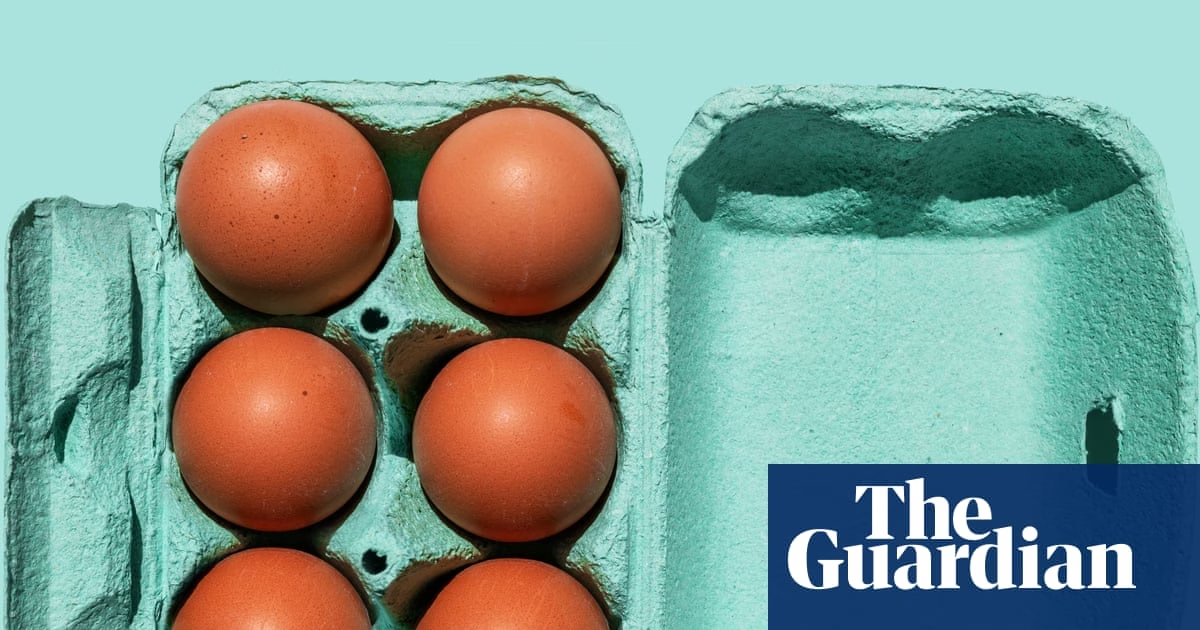There’s been a “significant” increase in the cost of essential food items like eggs and butter, contributing to food inflation and increasing the cost of living, according to recent data.
The British Retail Consortium reported that prices have risen at their fastest rate in 18 months, with food inflation hitting 4.2% this month, up from 4% in July, and the highest since February 2024.
BRC’s Helen Dickinson stated that the rapid price hikes add pressure on those already challenged by the cost of living.
Dickinson mentioned that staples such as butter and eggs have seen significant increases due to high demand, reduced supply, and increased labor costs.
Chocolate prices have also risen as global cocoa prices remain high due to poor harvests.
Overall shop price inflation increased to 0.9% in August, despite non-food products experiencing a drop of 0.8%, the BRC noted.
Dickinson highlighted that retailers are facing an additional £7bn in new costs following last year’s autumn budget, which included changes to employer national insurance contributions and the minimum wage.
More than 60 retail executives, including those from Tesco, Sainsbury’s, and Boots, recently warned that further tax increases in the next budget could contradict efforts to improve living standards.
In their letter, coordinated by the BRC, they anticipated food inflation to reach 6% later this year.
Mike Watkins from NIQ suggested that the price increases also reflect global supply costs, seasonal food inflation, and the conclusion of sports-related promotional deals.
As shoppers return from their summer holidays, many may need to revise their household budgets due to increasing household expenses, added Watkins.
Official figures last week showed that inflation increased again in July to an unexpectedly high 3.8%, partly due to higher food prices and travel costs.
The annual inflation rate, measured by the consumer prices index, increased from 3.6% in June, remaining above the Bank of England’s 2% target for 10 consecutive months.
Food and non-alcoholic beverages rose by 4.9% year-on-year in July, an increase from the 4.5% in the previous 12 months, with beef, orange juice, coffee, and chocolate among the biggest increases.
Droughts in Spain, Italy, and Portugal, where the UK sources much of its fresh produce, have contributed to higher prices this summer, a period when prices typically decrease.
Higher grocery prices are coinciding with anticipated increases in energy bills, with the industry regulator Ofgem expected to announce a new price cap soon.
Forecasts from Cornwall Insight predict that the price cap for a dual-fuel household will rise by 1% in October, reaching £1,737 annually, up from the current £1,720 until the end of the year.
Charities are warning that such increases could lead to millions of households struggling to pay their energy bills, with the End Fuel Poverty Coalition stating that the average household is paying 67% more than in winter 2020-21.
Simon Francis from the End Fuel Poverty Coalition believes it’s the fifth winter of the energy bills crisis and that the time for making small adjustments to the price cap is over.







